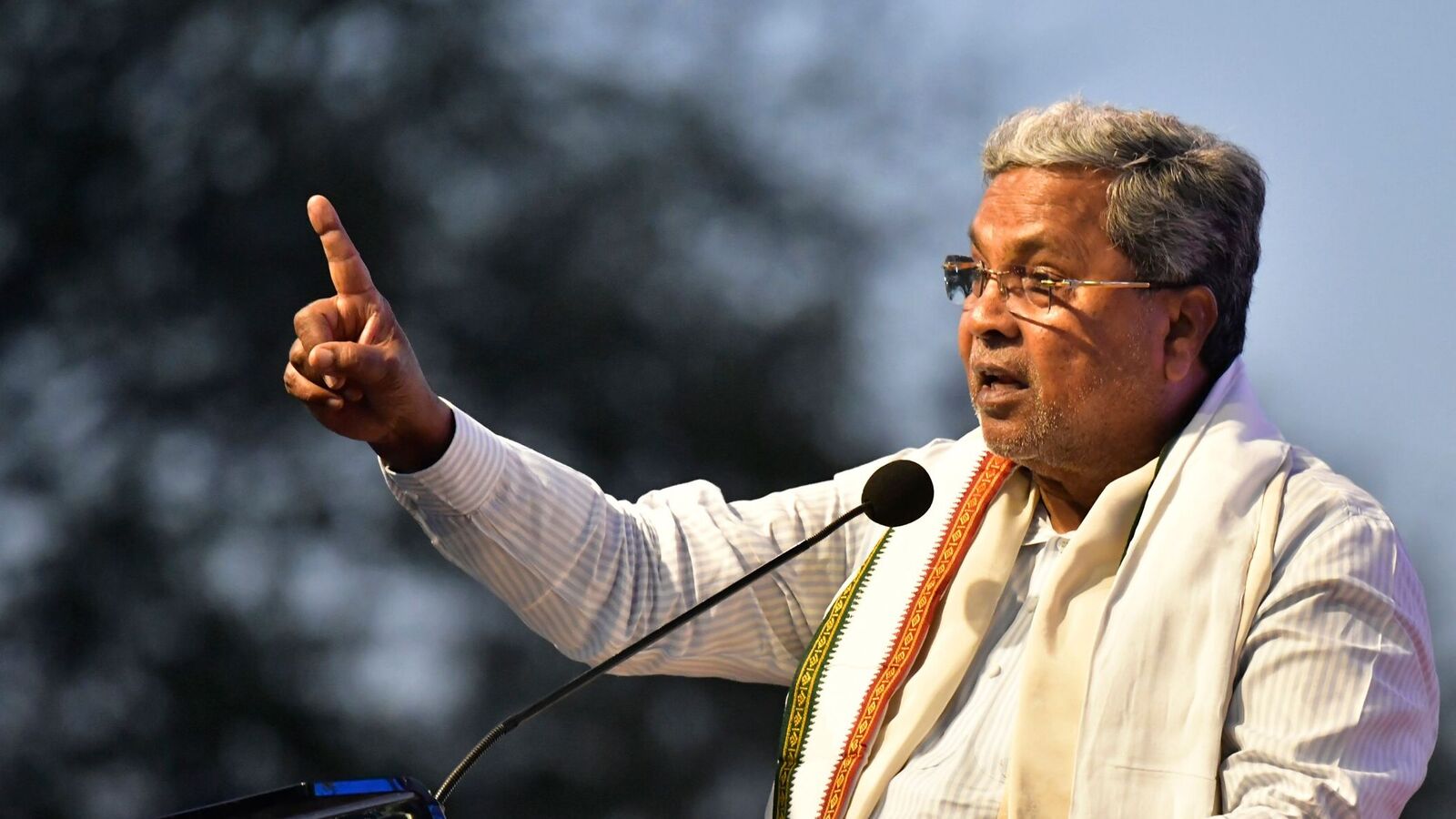Karnataka HC refuses to quash POCSO case against Yediyurappa
Karnataka HC refuses to quash POCSO case against BS Yediyurappa, allows trial to proceed with limited personal appearance.
PTI
-
The single-judge bench also clarified that Yediyurappa is free to seek discharge from the trial court (PTI)
Bengaluru, 13 Nov
The Karnataka High Court on Thursday refused to quash the Protection of Children from Sexual Offences (POCSO) Act case filed against former chief minister BS Yediyurappa.
Justice MI Arun upheld the trial court's 28 February order taking cognisance of the alleged offence and issuing a summons to the senior BJP leader.
However, the court directed that Yediyurappa's personal appearance should not be insisted upon unless necessary during the course of the trial, adding that any exemption plea filed on his behalf should be entertained unless his presence is deemed essential.
The single-judge bench also clarified that Yediyurappa is free to seek discharge from the trial court.
According to the complaint lodged by the victim's mother, Yediyurappa allegedly sexually assaulted her 17-year-old daughter during a meeting at his residence in Bengaluru in February 2024.
The Sadashivanagar police registered the case on 14 March, 2024, which was subsequently transferred to the CID for further probe. The agency re-registered the FIR and later filed a chargesheet against the former CM.
Senior Advocate CV Nagesh, appearing for Yediyurappa, argued that the case was politically motivated and that the complaint lacked credibility.
He pointed out that the complainant and her daughter had met the Bengaluru Police Commissioner several times in February 2024, but did not mention any allegation until 14 March. Nagesh further claimed that witnesses present at the time of the alleged incident had stated that nothing untoward occurred.
Opposing this, Special Public Prosecutor Professor Ravivarma Kumar maintained that the Special Court had duly considered the evidence, including the victim's statement, before taking cognisance.
Earlier, on 7 February, the High Court had set aside the trial court's first order of cognisance, observing that there was no proper application of mind, but had upheld the validity of the investigation and the final report. Following this, the Special Court passed a fresh cognisance order on 28 February, which was later stayed by the High Court.
Leave a Reply
Your email address will not be published. Required fields are marked *










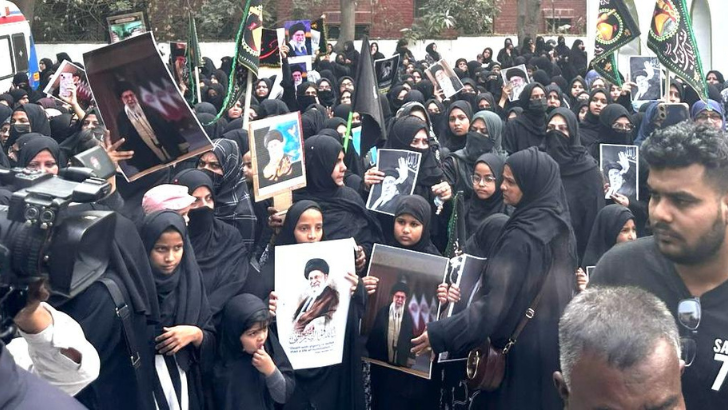
.png)
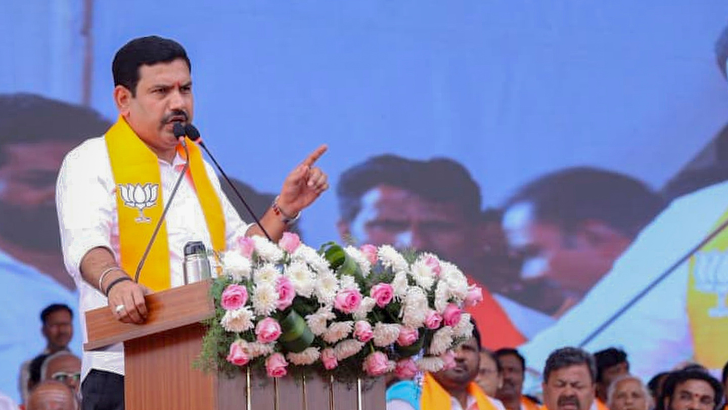

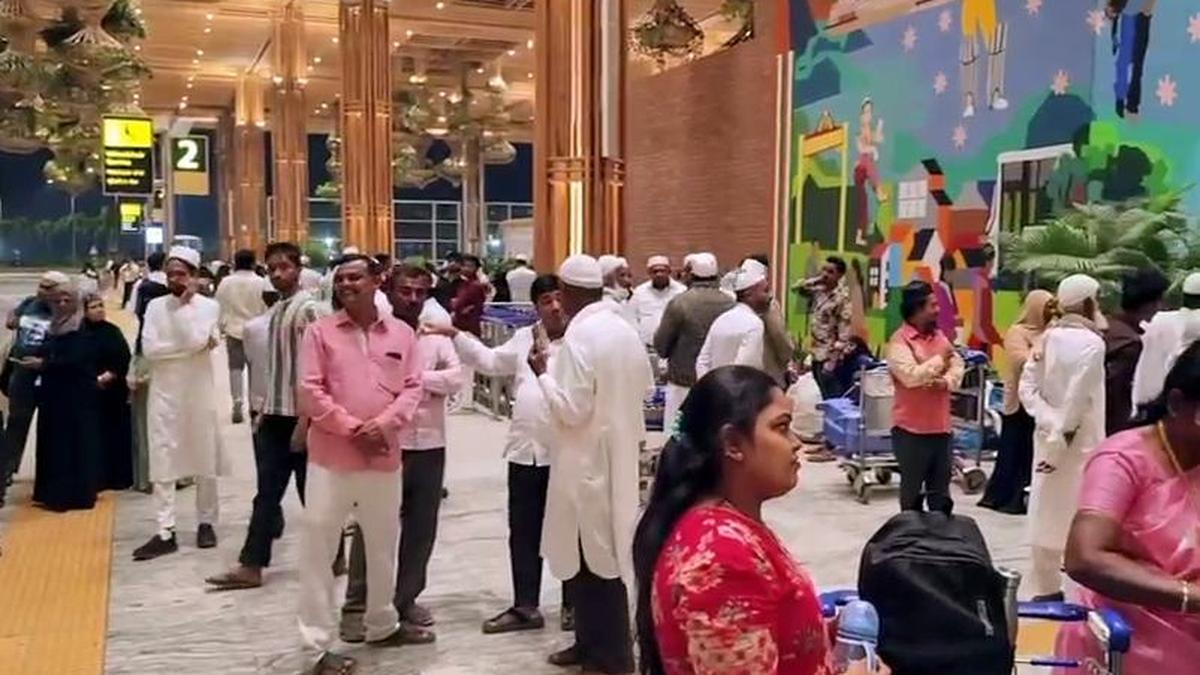

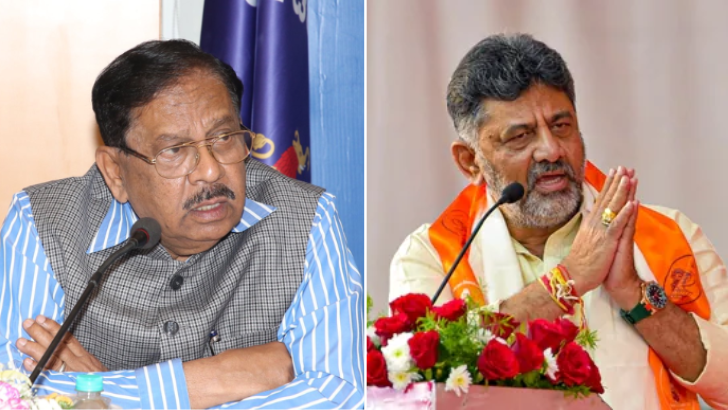
 (1).png)
